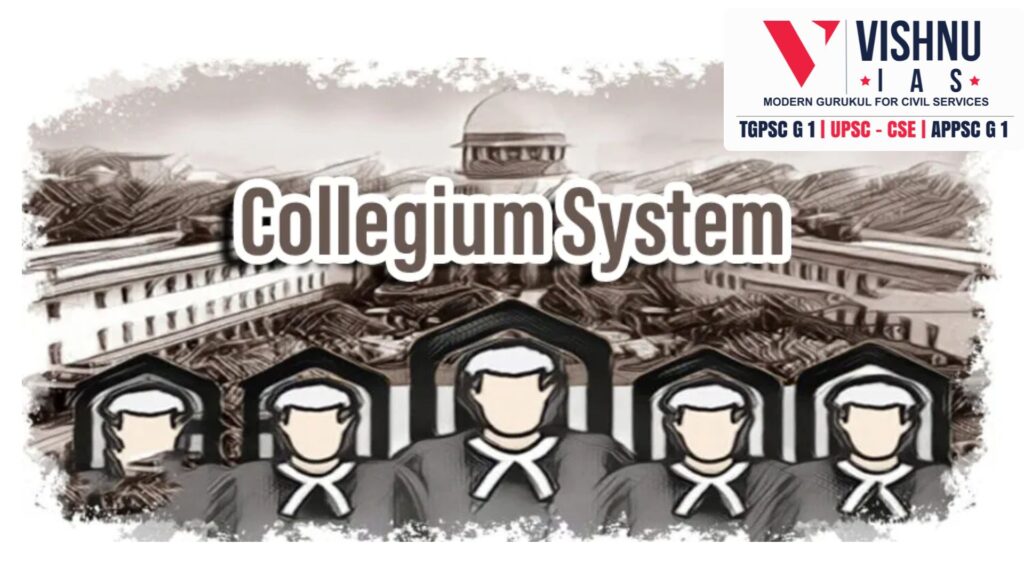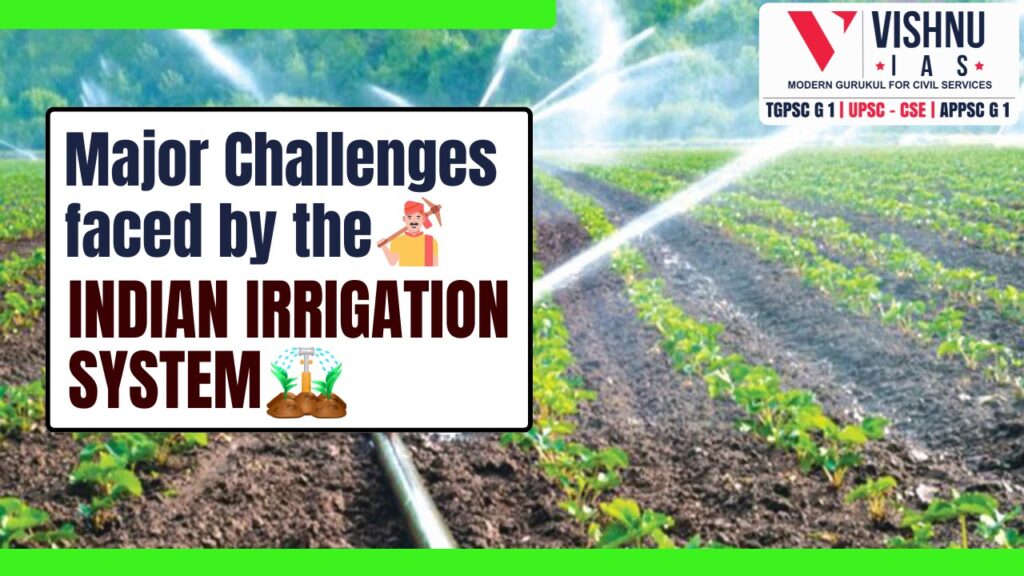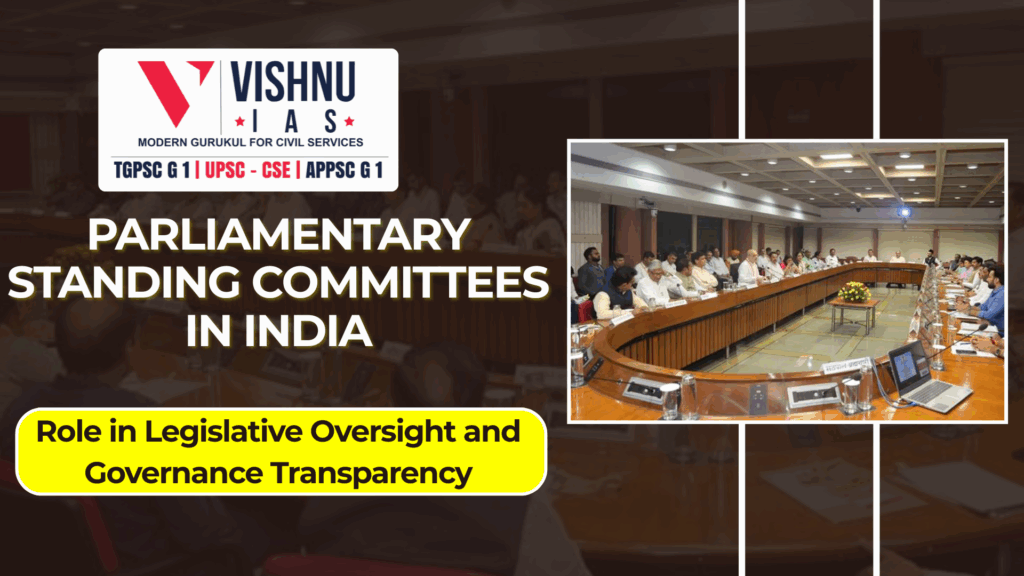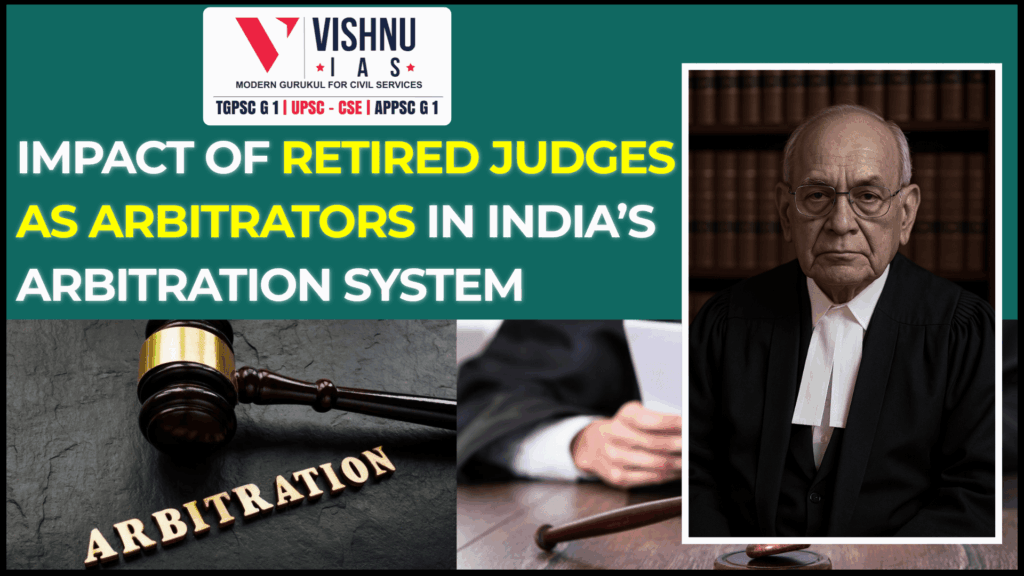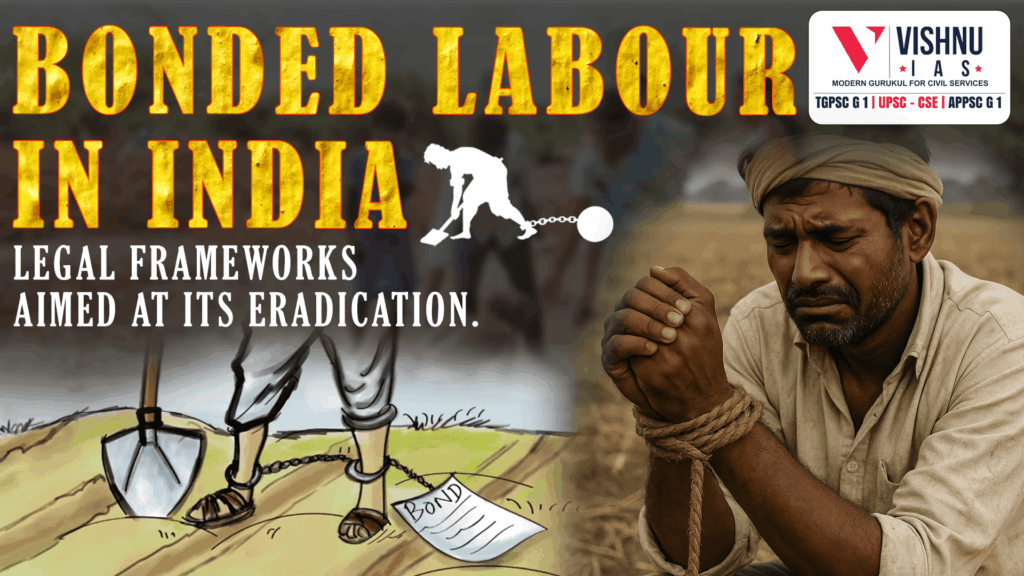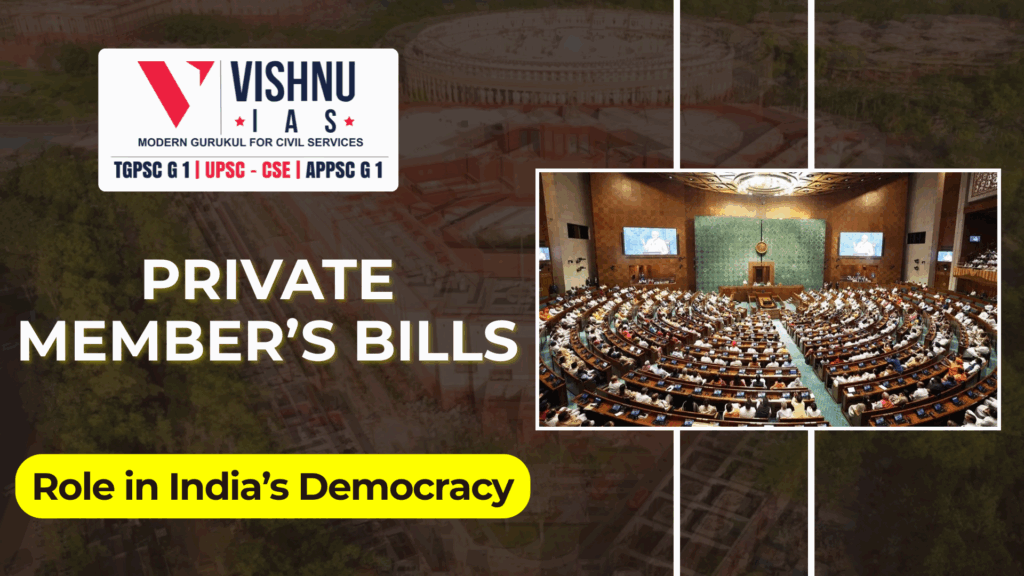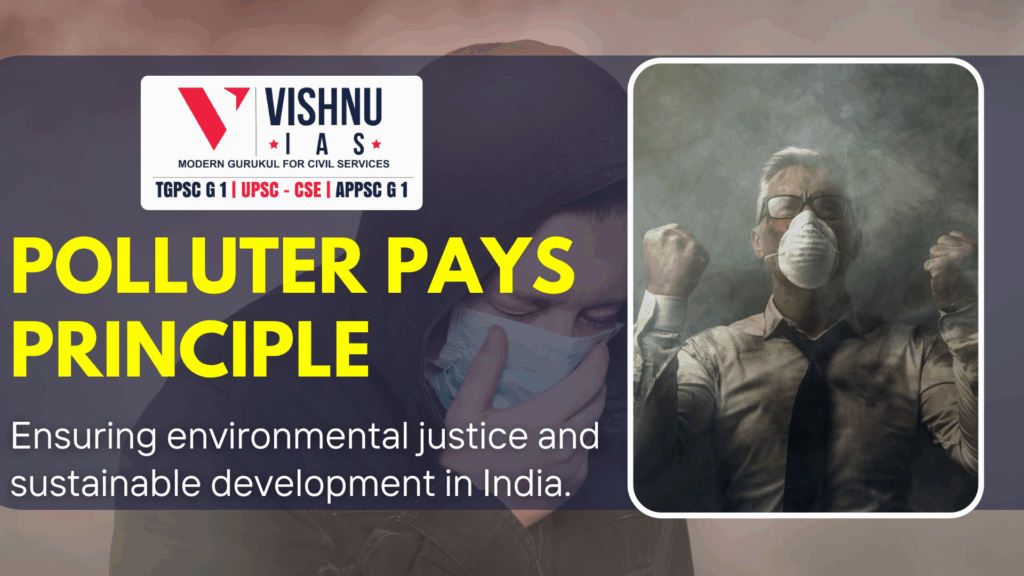Collegium System in India
Discuss the evolution and significance of the Collegium System in India. Analyze its advantages, drawbacks, and suggest reforms for a transparent judiciary. Introduction: The Collegium System serves as the framework for the appointment and transfer of judges within India’s higher judiciary. It was created through judicial interpretations rather than being established by a constitutional provision […]
Collegium System in India Read More »

